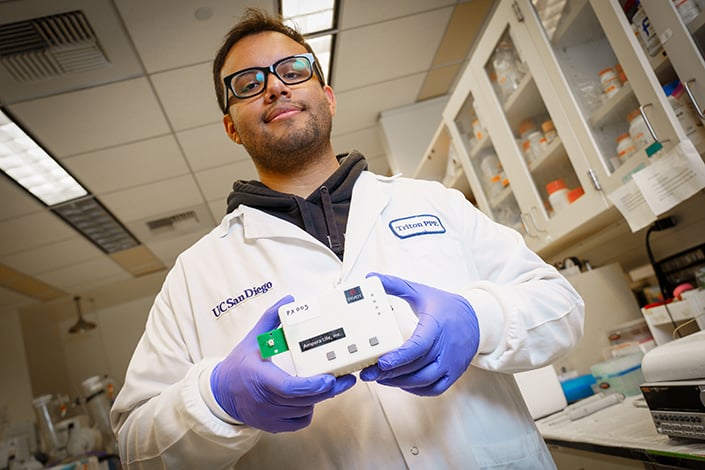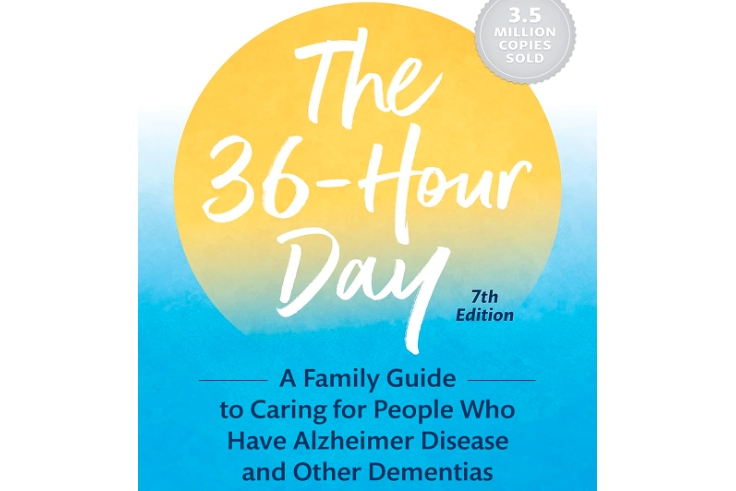There are around 13,500 patients on Leqembi, with 3,000 physicians prescribing the drug, according to the pharmaceutical company Eisai.
As of early 2024, around 2,000 to 3,000 people in the U.S. were taking Leqembi (generic lecanemab). By late 2024, that number had grown to about 9,000. In Japan, roughly 4,500 people were on the drug. Demand is rising, but access varies by country.
In contrast, only 1,800 patients have started taking its only current competitor, Kisunla (generic donanemab).
Why Leqembi’s Slow Start?
Leqembi’s numbers are encouraging, considering there was no medication to treat the disease as recently as two years ago. Notwithstanding, with 7 million Alzheimer’s patients in the USA alone, why aren’t more people receiving the treatment? (Continued below video…)
Eligibility for Leqembi
To be eligible for Leqembi, patients must meet specific criteria:
- Diagnosis: Mild cognitive impairment (MCI) or mild Alzheimer’s disease (AD) dementia.
- Age: Typically between 50-90 years, though physician judgment may apply outside this range.
- Cognitive Testing: Mini-Mental State Examination (MMSE) score above 21 or equivalent.
- Biomarkers: Positive amyloid PET scan or cerebrospinal fluid (CSF) analysis confirming Alzheimer’s.
- MRI Screening: No significant brain abnormalities or conditions that could increase risk.
- Stable Medications: Patients on cognitive-enhancing drugs (e.g., donepezil, rivastigmine) must be on a stable dose for at least 12 weeks.
- Care Partner: Must have a caregiver or family member to support treatment adherence.
Exclusion criteria include certain neurological conditions, recent strokes, bleeding disorders, and untreated HIV.
Difficulties in Treatment
Once someone has been found to be eligible for Leqembi, the next hurdles involve
- Organizing payment coverage for the expensive treatment,
- Setting up logistics for IV infusions every two weeks,
- Regular MRI scans
- Other challenges such as multiple medical consultations.
How Many Doctors Offer Leqembi?
The number of doctors prescribing Leqembi is steadily increasing. In the U.S., many neurology clinics now offer it, with some treating dozens of patients. Larger centers with experience in Alzheimer’s treatments are leading the way, but demand is expected to push more general neurology clinics to start prescribing it.
Currently, over 3,000 physicians have prescribed Leqembi in the USA.
The Cost of Leqembi
Leqembi is expensive, with costs around $26,500 per year for the medication, plus all the associated costs for treatment, in the U.S. before insurance. However, coverage varies:
- Medicare: Covers Leqembi under Part B, but patients may need to pay 20% co-insurance, unless they have supplemental insurance.
- Private Insurance: Coverage depends on the provider—some plans require prior authorization before approval.
- Financial Assistance: Eisai offers programs to help eligible patients with costs.
Financial Assistance for Leqembi
Applying for financial assistance for Leqembi usually involves these steps:
- Eisai’s Patient Assistance Program: Visit Eisai’s website and look for their support program. You’ll need to fill out an application with medical and financial details.
- Medicare & Insurance: Contact Medicare or your private insurer to check coverage and apply for cost reduction. Some plans may require prior authorization.
- Nonprofit Grants: Organizations like the Alzheimer’s Association or PAN Foundation may offer financial aid. Their websites usually have an application form.
- Clinical Trials: Search ClinicalTrials.gov for studies that may offer free or reduced-cost treatment. Enrollment requirements vary.
To boost Leqembi’s availability, the manufacturer is working on
- streamlining and optimizing the treatment pathway
- increasing direct-to-patient engagement
- enhancing brand awareness
- education to support medical choice and decision-making.
- fostering a “collaborative system” among integrated delivery networks and primary care physicians to reduce patient referral time.
New Leqembi Formulations
To make it easier to prescribe and take Leqembi, the FDA is expected to approve a subcutaneous formulation of this Alzheimer’s therapy by August 31. In contrast to IV infusion, this formulation uses a much simpler-to-use autoinjector and should make taking Leqembi easier for both patient and doctor.
Eisai said, “The potential ability to administer (subcutaneous Leqembi with an autoinjector)… may greatly improve the pathway that requires infusion capacity for traditional IV infusions. For patients, this may contribute to significantly reducing the time and effort required for hospital visits.”











